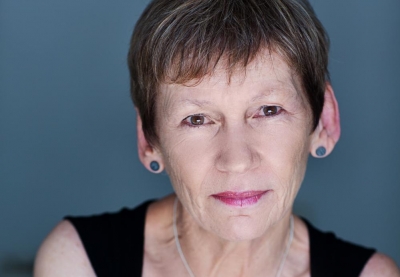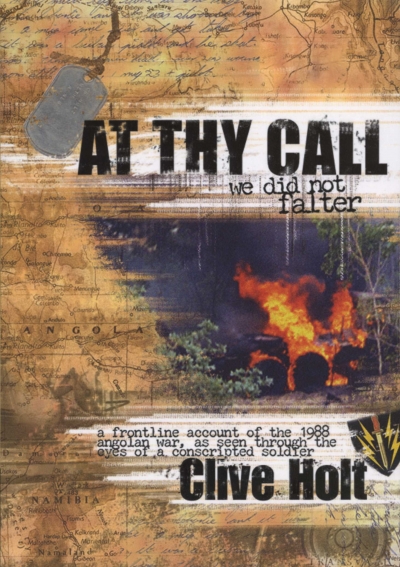March 2006, no. 279
Ten years ago, the venerable essay was a kind of Australian fossil, rare as compassion in a bourse. They still figured in the learned journals, but other sightings were infrequent. When the current Editor of ABR proposed the first major anthology of Australian essays to his then colleagues at OUP, it was doubtless perceived as yet another instance of his eccentricity, but when it was published in 1997 Imre Salusinszky’s Oxford Book of Australian Essays was greeted with enthusiasm. Other anthologies followed in the 1990s, including the first of the Black Inc. Best Australian Essays, a series that now runs to eight volumes. Never has the essay form been more visible, more necessary, more popular, give or take the odd skirmish. Tamas Pataki’s ‘Against Religion’, published in our February issue, is a fine example of how essays can captivate and get under people’s skin. No other essay has so polarised our readers or generated as much correspondence, ranging from a kind of epistolary sigh of relief that ‘someone has said it at last’ to indignation at Dr Pataki’s supposed temerities (see our Letters pages, and there are more to come). That’s a good thing, and ABR looks forward to presenting other views on the subject, plus a response from Dr Pataki in the April issue.



























